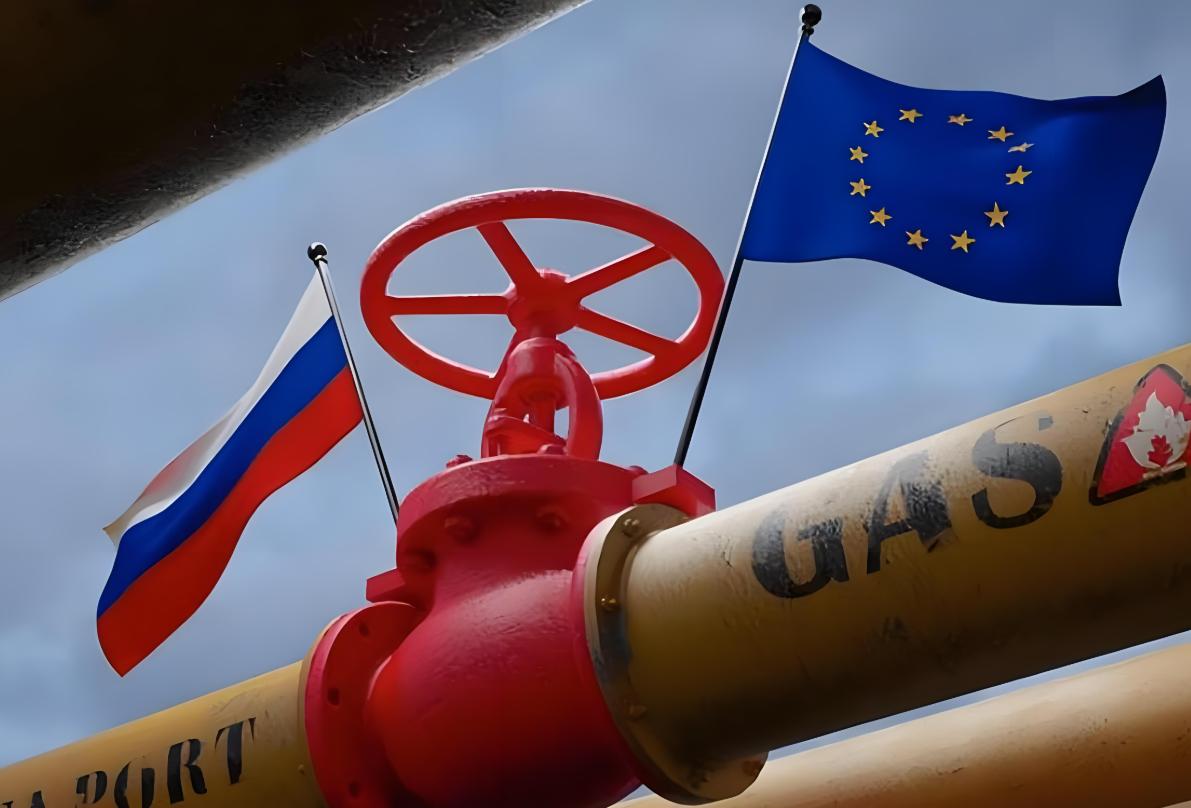
On October 20th local time, the Council of the European Union stated that it had approved a proposal. The member states of the EU support and plan to completely stop importing natural gas from Russia by January 2028. At the Council of the European Union meeting held in Luxembourg on the same day, the energy ministers of the EU approved the relevant proposal. Starting from January 1, 2026, the EU will prohibit internal parties from signing new contracts for importing natural gas from Russia; at the same time, a transitional period will be reserved for existing contracts, with short-term contracts lasting until June 17, 2026, and long-term contracts ending before January 1, 2028. This proposal still needs to be approved by the European Parliament. Specific measures include prohibiting the signing of new contracts starting from 2026 and setting a transitional period for existing contracts.
This decision by the EU will bring complex and multi-faceted impacts on the economy through various channels. First, there will be impacts on energy costs and inflation. After the EU stops importing natural gas from Russia, it will have to import alternative energy sources such as liquefied natural gas (LNG) from other countries. This will change the global LNG trade flow, and more Russian LNG resources may flow to the Asian market. However, due to the tight global LNG market supply and high transportation and storage costs, the price of LNG imported by the EU may increase significantly. This will directly push up the natural gas prices within the EU, leading to a chain increase in electricity prices. Due to the tight global LNG market supply and high transportation and storage costs, the price of LNG imported by the EU may increase significantly. This will directly push up the natural gas prices within the EU, leading to a chain increase in electricity prices. At the same time, the increase in energy costs will be transmitted to the entire economic system, causing an increase in production costs, and thereby pushing up consumer prices. This will intensify the inflation pressure within the EU, affecting the living standards of residents and the profitability of enterprises.
Second, it will have an impact on industrial production. Industries such as chemical and glass manufacturing that are highly dependent on natural gas will be severely affected. For example, German glass manufacturing plants rely on Russian natural gas to maintain production at 1600 degrees Celsius. If the supply is interrupted, they will suffer a complete shutdown and the investment in equipment will be wasted. Such industries' shutdown will directly result in huge economic losses and trigger unemployment waves. If the natural gas supply is interrupted or the price rises significantly, these industries may face the risk of shutdown, leading to huge economic losses and unemployment waves. Industrial shutdowns will not only affect directly related enterprises but will also be transmitted through the supply chain to upstream and downstream industries. For example, the shutdown of the chemical industry may lead to a shortage of raw materials, thereby affecting the production of downstream industries such as plastics and pharmaceuticals, creating a "domino effect".
Third, it will have an impact on economic development. The International Monetary Fund (IMF) warns that if Russia completely stops supplying natural gas to Europe, the EU's GDP will significantly decline. Models show that the European economy can only cope with a "70% reduction in Russian gas supply" situation. A complete supply cut will lead to a decline in the economy of some countries exceeding 5%. Countries such as Hungary, Slovakia, and Italy, which are highly dependent on Russian gas (over 80%), as well as industrial powerhouses such as Italy, will face a more severe risk of economic recession. The industrial foundation of these countries may suffer long-term damage due to energy shortages.
Fourth, it will have an impact on energy transition. Although the EU has increased investment in renewable energy, it cannot completely replace Russian natural gas in the short term. Intermittent energy sources such as wind and solar energy require complementary energy storage facilities, and the relevant infrastructure in the EU is not yet complete, which may lead to unstable energy supply. To receive more LNG, the EU needs to expand LNG receiving stations and pipeline networks. Such projects have large investment and long cycles, and may not be able to meet energy demand in the short term, potentially exacerbating the risk of energy shortages.
In conclusion, the EU's decision to gradually stop importing Russian natural gas has triggered a chain reaction. In the future, how to balance the goal of energy independence with economic stability and promote the large-scale application of renewable energy may become the key factor determining whether the EU can achieve sustainable growth.

The South Korean political arena has once again been embroiled in a public controversy over a judicial investigation that has shaken the entire nation.
The South Korean political arena has once again been embroi…
On the morning of December 29th local time, the precious me…
According to the US media Barchart, recently, the fluctuati…
On December 29th, Mar-a-Lago in Florida, USA, witnessed a h…
SoftBank Group announced on Monday that it has agreed to ac…
Recently, the US State Department issued a visa ban, adding…